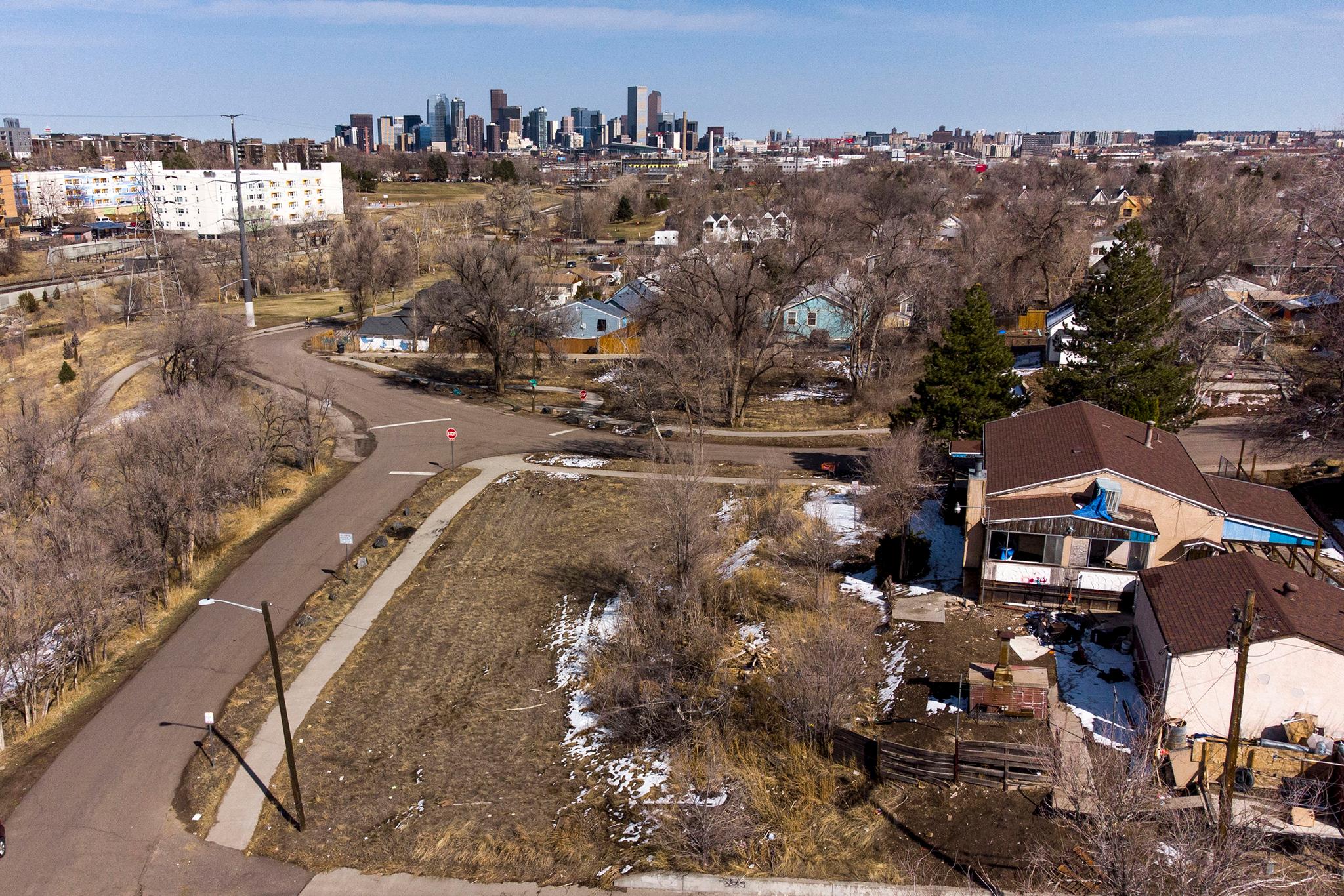UPDATE: The Denver City Council unanimously approved the sales during their meeting on April 11.
It may be the ultimate bargain in a housing market as hot as Denver's: five city-owned land parcels, all going for $10 each, in the Villa Park neighborhood along Lakewood Gulch.
The five land parcels -- which include properties at 1060 Newton St., 1077 Meade St. and 1086 Meade St. -- have an assessed value of just over $210,000, according to the city Assessor's Office website.
So why is the city selling them at such a reduced rate?
They're (tentatively) going to Habitat for Humanity, under the conditions that the nonprofit will build at least six single-family, income-restricted homes.
The sale of three parcels still needs to be approved by Denver City Council, which will take up the vote at a meeting soon. Two parcels were already approved to sell.
Heather Lafferty, CEO and executive director at Habitat for Humanity of Metro Denver, said the nonprofit has been working for years with local lawmakers to figure out a plan for the land.
She said Habitat is working with the West Denver Renaissance Collaborative to secure the land and design the homes.
Some lots will have both a primary residence and an ADU. Lafferty estimated there will be two to three ADUs built on the lots.
The deal means Habitat for Humanity will sell the homes built on the lots to people making 80% of the area median income, or $71,950 or less for a three-person household. That figure may change, however, since the deal says the AMI will be based on the figures at the time of the initial sale (these figures are based on 2021 income limits).
"Homeownership is something that that community, the Villa Park community in West Denver, are saying they want more of," Lafferty said.
The city's real estate and economic development offices both concluded that working with Habitat for Humanity was the best way to turn the lots into affordable housing, according to city documents. It's the type of housing the city needs in droves.













